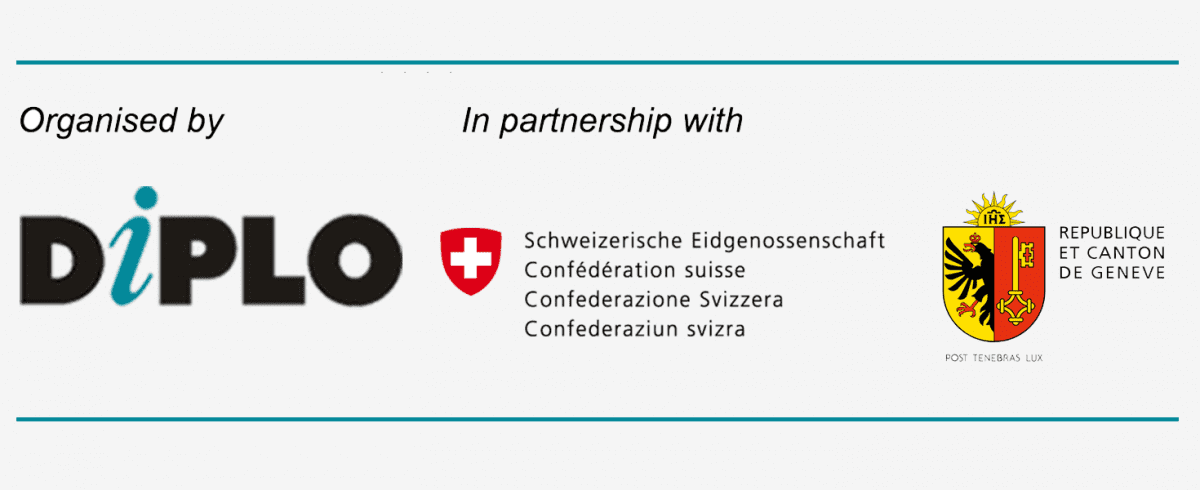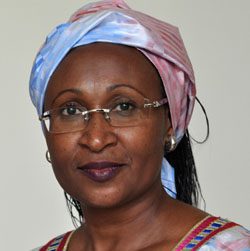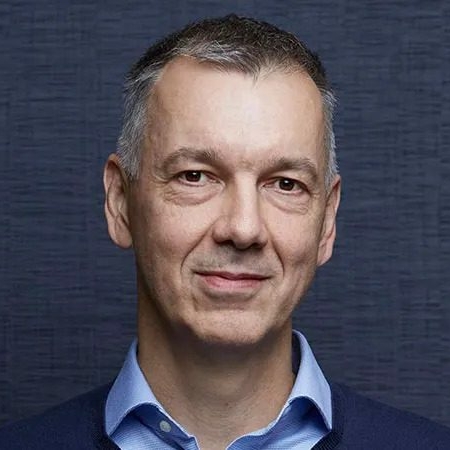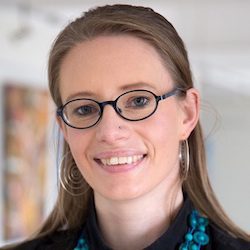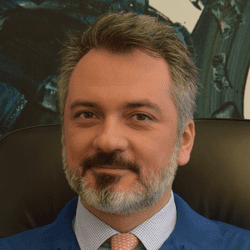Digital issues shape our future and the future of each country; they are no longer niche issues. Key conversations on the governance of digital issues take place at the international level, with profound geopolitical implications.
New: Event summary report
New: Photo gallery
Issues which were considered ‘techie’ subjects, or deemed futuristic, are now part of the diplomatic reality. Artificial intelligence, cyber-attacks, fake news, and e-commerce are negotiated at the United Nations, and at regional and bilateral fora worldwide. In developing their digital/cyber/tech diplomacies, countries face many challenges and open issues, including:
- How to adjust foreign policy to the emerging digital geopolitics and geo-economics
- How to integrate digital, cyber, and tech policy aspects into the existing structure, or develop new diplomatic structures
- How to develop representation in tech hubs such as Silicon Valley, Shenzhen, and Bangalore
- How to ensure diplomatic coherence across security, economic, human rights, technical, and other aspects of digital foreign policy
- How to engage the tech industry, engineers, civil society, academia, and other non-state actors in decision-making on tech priorities and international negotiations
- How to train diplomats and other officials with the skills and knowledge to deal with digital issues
- How to ensure effective participation in the digital negotiations of small and developing countries, and other countries with limited human, organisational, and financial resources
- How to participate in digital processes in International Geneva where more than 50% of global digital policy issues are addressed (trade, human rights, standards, security)
Programme
The conference will take place on Wednesday, 18th September 2019, at DiploFoundation, WMO/OMM building, 7bis, Avenue de la Paix, Geneva. All times are in CEST.
08.45 – 09.15
Welcome coffee and registrations
- Dr Jovan Kurbalija (Director of DiploFoundation and Head of the Geneva Internet Platform)
Amb. Valentin Zellweger (Permanent Representative of Switzerland to the UN in Geneva)
Moderated by Dr Katharina Höne (Senior Lecturer, DiploFoundation)
- Amb. Henri Verdier (Ambassador for Digital Affairs of France)
- Amb. Thomas Schneider (Head of International Relations, Swiss Federal Office of Communications (OFCOM))
- Ms Anne-Rachel Inné (Executive Director, Government Affairs and Public Policy, American Registry for Internet Numbers (ARIN))
10.30 – 11.00
Coffee break
Moderated by Mr Vladimir Radunović (Director of Cybersecurity Programmes, DiploFoundation)
- Mr Martin Rauchbauer (Consul and Co-Director, Open Austria (San Francisco))
- Mr Jean Yves Art (Senior Director, Strategic Partnerships, Microsoft )
- Mr Christian Simm (Consul and CEO, swissnex Boston)
- Mr Danko Jevtović (Member of the Board of Directors, ICANN)
Moderated by Dr Jovan Kurbalija (Director of DiploFoundation and Head of the Geneva Internet Platform)
- Amb. Janis Karklins (Permanent Representative of Latvia to the UN in Geneva)
- Ms Chrystiane Roy (First Secretary, Cybersecurity and Digital Affairs, Permanent Mission of Canada to the UN and WTO in Geneva)
- Ms Katarzyna Gorgol (Adviser, Digital Affairs and Telecommunication, Delegation of the EU to the UN in Geneva)
- Mr Jivan Gjorgjinski (2019 Chair of the UN CCW GGE on LAWS [Lethal Autonomous Weapons Systems])
13.00 – 14.00
Lunch
- Session 1: How can small and developing countries keep abreast of digital policy developments?
Led by Mr Vladimir Radunović (Director of Cybersecurity Programmes, DiploFoundation) - Session 2: What is the impact of big data and artificial intelligence on diplomacy?
Led by Dr Katharina Höne (Senior Lecturer, DiploFoundation) - Session 3: What are the skills and knowledge that are needed for digital diplomacy?
Led by Dr Jovan Kurbalija (Director of DiploFoundation and Head of the Geneva Internet Platform)
15.00 – 15.30
Concluding discussion: A Geneva agenda for Digital (and) Diplomacy
Registration
Since the conference tackles the organisation and running of digital foreign policy, it is of particular relevance for diplomats and public officials involved in digital diplomacy, as well as business people and academics, and other professionals involved in the field. Kindly note that the conference will not tackle the use of social media or related public diplomacy issues.
You are invited to express your interest in attending the conference by completing the application form. Places are limited; registration confirmations will be sent within 3 working days. Participants are responsible for their own travel and accommodation arrangements and expenses.
For more information, please contact Dr Tereza Horejsova.
